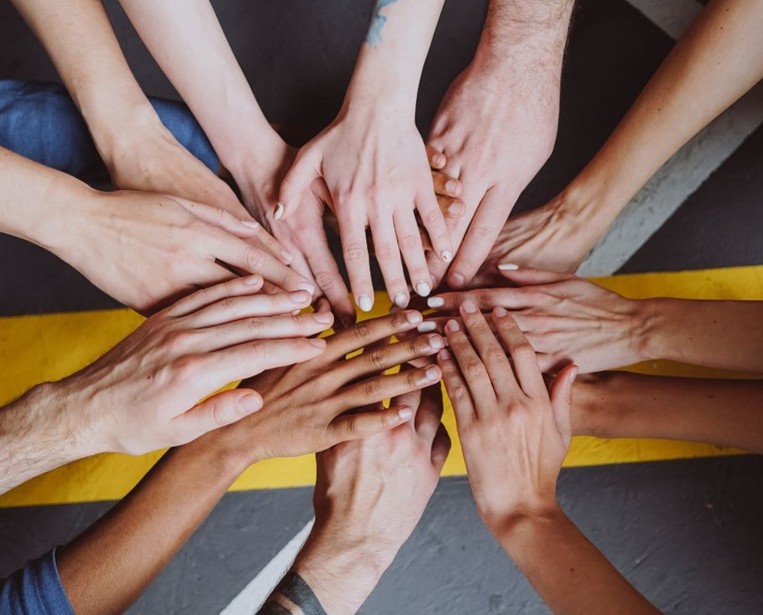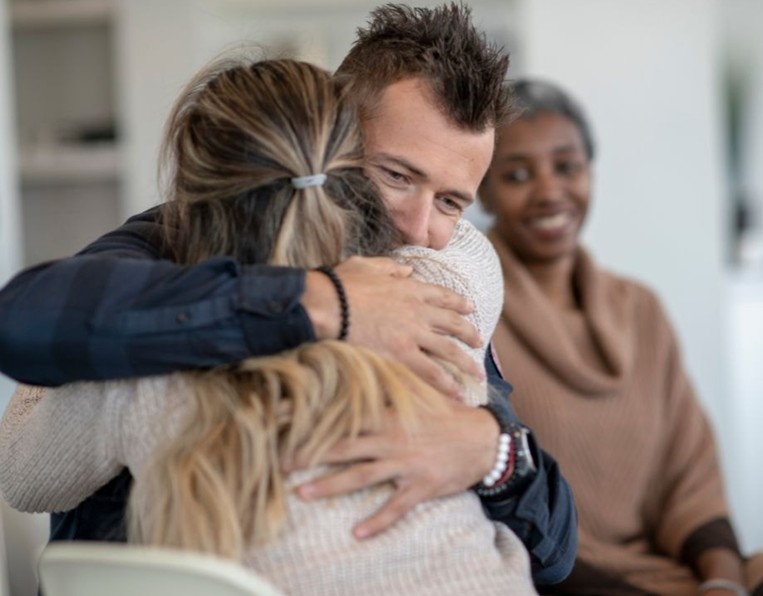Recovery is not a solitary journey. While individual therapy plays a crucial role in recovery, group therapy offers unique benefits that can help you maintain sobriety over an extended period. StatPearls Publishing often recommends group therapy as a practical addiction treatment approach.
Group therapy brings a different kind of healing that’s rooted in connection, shared experiences, and mutual support. It plays a vital role in treating mental health disorders and substance abuse by promoting the power of support groups.
Whether you are navigating early recovery or maintaining sobriety, group therapy is a powerful therapeutic tool that helps you build resilience, develop strategies, and form healthy connections that support a life free from substance use.
The Role of Group Therapy in Addiction Treatment
Group therapy is one component of a structured formal treatment program designed to help you overcome substance use disorders. Unlike individual psychotherapy, where the therapist works with you alone, group treatment involves other members who share similar struggles.

As social creatures, we thrive in environments where honest communication and connection are encouraged, and group therapy taps into this innate need. The sessions comprise groups organized around specific goals and led by one or more psychologists with specialized training.
The group discussion allows members to share experiences, offer support, and develop strategies to prevent relapse. According to the Mental Health Services Administration, many groups follow structured therapeutic models, including cognitive behavioral approaches and interpersonal process groups.
The Benefits of Group Therapy in Long-Term Sobriety
There is increasing evidence that group treatment models provide significant advantages for those in substance abuse treatment. Here is how they can help you:
1.) Building a Support Network
Humans are social creatures, and recovery is often more successful when you engage in support groups or formal therapy groups. Attending these sessions regularly allows you to connect with other members who understand your struggles, eliminating feelings of isolation.
2.) Enhancing Self-Awareness and Personal Growth
Through honest communication and feedback from group members, you begin to see how your thoughts, feelings, and actions contribute to substance use and related behaviors. This increased self-awareness helps you change negative patterns and develop healthier responses.
3.) Learning Social and Coping Skills
Many groups focus on the skills development group model that teaches individuals how to manage stress, improve social skills, and handle triggers. Cognitive behavioral techniques used in these sessions help you reframe negative thoughts and develop strategies for long-term sobriety.

4.) Reducing Stigma and Shame
Shame and low self-esteem usually accompany drug abuse and mental health disorders. Being in a group experience where other members share similar stories helps normalize your struggles, reducing self-judgment.
5.) Strengthening Relapse Prevention
Relapse prevention training is a key focus in formal therapy groups. Discussing challenges and solutions with other group members reinforces your commitment to continuous sobriety.
The Five Group Models in Addiction Treatment
There are five group models used in substance use treatment as classified by the Substance Abuse and Mental Health Services Administration. Each group serves a specific purpose, ensuring you find a group that aligns with your recovery needs. They include:
1.) Skills Development Groups
Skills development groups teach individuals practical tools for maintaining sobriety. You learn techniques like skill management and refusal skills to combat drug use.
These formal therapy groups are highly structured, making them ideal for those in early recovery seeking to build a foundation for long-term sobriety.
2.) Cognitive Behavioral Groups
Cognitive behavioral groups focus on changing harmful thought patterns. You work with a therapist who leads group treatment sessions to address mental health disorders and substance abuse. By identifying negative behaviors, you gain tools to support your recovery journey.
3.) Interpersonal Process Groups
These groups navigate the dynamics between group members, helping you improve interpersonal skills. A therapist works to create a safe space for honest communication, allowing you to explore issues like trust and vulnerability, which are vital for personal growth.
4.) Relapse Prevention Groups
Relapse prevention groups equip you with strategies to avoid relapse. Through group discussion, you learn to recognize triggers and develop coping mechanisms. These groups are particularly effective for transitioning from a formal treatment program to independent recovery.
5.) Development Groups
Development groups focus on broader life skills, such as goal setting and emotional regulation. You explore how substance use has impacted your life and work toward rebuilding a healthier future. These groups support sobriety by addressing underlying issues such as low self-esteem.
How Group Therapy Complements Individual Therapy
Group therapy is most effective when combined with individual therapy. A therapeutic alliance with a personal therapist enables deeper exploration of personal issues, while group therapy fosters social skills and accountability.
Studies by StatPearls Publishing show that group therapy outperforms individual therapy in certain aspects, including:
Addressing Co-occurring Disorders
Many individuals with substance use disorders also face mental health challenges, such as anxiety, depression, or bipolar personality disorder. Group therapy addresses these co-occurring disorders by integrating behavioral therapy techniques to manage both conditions.
Supporting Long-Term Sobriety
Group therapy’s focus on relapse prevention and coping skills makes it a vital tool for long-term sobriety. By participating in therapy groups, you build a foundation for continuous sobriety, equipped with strategies to navigate life’s challenges.
Getting Started With Group Therapy
If you are ready to explore group therapy, start by researching mental health services in your area. Many treatment centers, like an addiction recovery center in Riverside and those in surrounding areas, offer addiction therapy as part of a formal treatment program.
Joining a group can feel intimidating, especially for new members. Tips for maximizing your group therapy experience include:
- Find the group that fits your needs, such as drug abuse or chronic pain
- Be open to honest feedback from other group members
- Use the group to develop strategies for real-life challenges
- Stay committed to maintaining abstinence, even when sessions feel difficult
Embracing the Power of Group Therapy
Group therapy is a lifeline for addiction treatment that offers a safe space where you can develop interpersonal skills, engage in support groups, and learn to trust others again.
If you’re considering taking the next step in your recovery, don’t overlook the transformative power of the group. It might help you rebuild your life, one session at a time.



